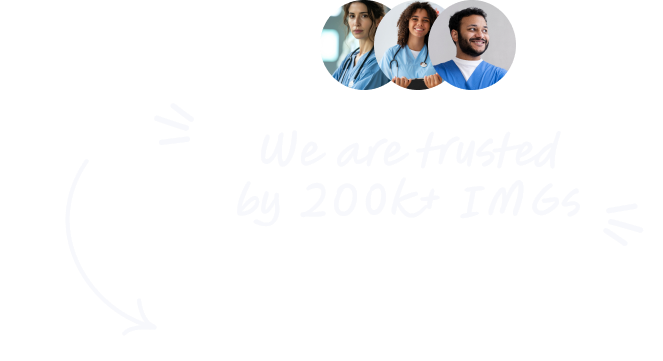Educational GAPs
Are you an Older Candidate?
Medical residency applicants come from many background with unique circumstances. There are US medical graduates (USMGs), International Medical Graduates (IMGs), those who are recently out of medical school, and those who have been working in the medical field for some amount of time. Residency candidates who have been out of medical school for a certain amount of time are sometimes called “older” candidates.
“Older” candidates are defined as:
- Those who graduated from medical school 5 or more years ago
- Those who are physically over a certain age
- Those who have excessive amounts of clinical, work, or research experience
**This definition may vary from one specialty/program to another
Strategies and Suggestions
As an older candidate, you generally have a lot to offer by way of clinical, research, volunteer, and other experience in the medical field. While this is good for showing programs you have stayed relevant in the medical field, it can also be a double-edged sword. The message your residency application conveys to Program Directors and Interview Committees must be carefully balanced between your experience and an openness to learn.
Your ERAS Application needs to convey you are:
- Lifelong learners who are knowledgeable enough to contribute, but flexible enough to not try and teach the teachers.
- Enthusiastic and dedicated to start a new step in your medical career
- Modest about your past achievements, but confident in your ability
- Respectful and appreciative of the education they have to offer
- A team player, able to work with a diverse age group
It may feel complicated, but any candidate who comes off as arrogant or know-it-all by excessive bragging about their past experience will not be received well by Program Directors or Interview Selection Committees. The best traits to focus on are modesty, hard-working, respectful, and flexible.
Professional GAPs
Have you been out of the Medical Profession for a While?
Whether it’s for personal or other professional reasons, some doctors do not head straight into practicing medicine after they receive their MD. If they decide to work outside of the medical profession and choose to return years later, they will have what’s considered a professional gap.
A professional gap can be hard to overcome, as it can create some doubt in the minds of Program Directors and Interview Committees. However, there are ways to improve your application and soothe some of those worries.
Strategies and Suggestions
The most useful thing any candidate with a professional gap can do for themselves is obtain more US clinical experience.
US clinical experience is defined as any hands on work with patients in a US medical environment. Some examples of this are Externships, Clerkships, sub-Internships and any other clinical rotations. Observer ships, research and volunteer experience will help, but is not as powerful as US clinical experience.
Other Suggestions:
- Have the reason for your professional gap explained clearly in your MyERAS Application and/or Personal Statement
- During interviews, have a good answer prepared for why you have a gap as well
Smart residency program search
in one click.


